Freeganism goes beyond the vegan diet – it’s about making sustainable changes to limit our “footprint” on the world.
That is according to Dundee-based Violet Fraser who describes herself as freegan.
On World Vegan Day, we’re taking a look at this environmentally-conscious movement linked to veganism.
Freegans don’t just avoid animal by-products, they also avoid anything that damages the environment.
“A lot of where I come from with freeganism actually started more from a wider environmental perspective,” said Violet, 34.
“From my point of view, it’s to do with climate change.
“It’s so I can think to myself as I go about my daily life: I am doing as much as I possibly can to reduce my footprint on the world.”
What does freegan actually mean?
Like veganism, freeganism involves making decisions that are better for the planet.
Many link it veganism, although not everyone considers freegans a part of the vegan community.
The key difference is freegans eat animal by-products under some, limited circumstances.
Vegans would never do so.
But both groups share at least some key values, like these manageable changes for those trying to eat more sustainably:
- Eating seasonally
- Shopping zero waste
- Eating foods with low food miles
Food miles are a way to measure how food gets to our plates – the greater the distance, the more damaging it can be for our environment.
I looked at it as an overview and thought: How can I have the lightest footprint on earth as a whole?”
Violet Fraser, Dundee freegan
Being freegan also means she doesn’t refuse foods that aren’t vegan if the alternative is that food get chucked out.
She said: “If I were offered free, non-vegan products like vegetarian products, I wouldn’t refuse to eat them on the basics of ethics because I don’t believe in food waste.”
In Scotland alone, an estimated 987,890 tonnes of food and drink was wasted in 2013.
“I didn’t go into it only thinking about the animal welfare aspect,” Violet admitted.
“I went into it thinking about land use, water use, greenhouse gas emissions.
“I looked at it as an overview and thought: How can I have the lightest footprint on earth as a whole?”
Veganism is not an ‘elite club’ of perfect people
Violet admitted there is a problematic stereotype of vegans.
“I try not to be black and white with it,” she said.
“I think that was one of the things that put me off to begin with. [There was] this feeling that it was some sort of elite club I had to be perfect for.
“My environmentalism is not by any means perfect. But I do try.”
Violet believes it is important not to cut people down, no matter their lifestyle choices.
“I think that is the main thing, especially for mental wellbeing.
“Humans are animals too – we have to be kind to each other.
“It’s about preserving our mental health in the face of a climate catastrophe that no generation has ever had to face this way before.
“We’re all just muddling our way through.”
How do I go freegan?
Violet says this lifestyle change is a process.
It can work best gradually, taking small steps that are more environmentally-conscious.
“I’ve known people who went vegan overnight decades ago and never looked back,” she said.
“And I really admire that.
“But personally I tried it and it just wasn’t sustainable for me.
“I couldn’t make that kind of change so quickly so I started adding changes into my life gradually.
“And it doesn’t have to be boring.
“We’re not sitting around eating grass,” she joked.
Violet doesn’t advise doing an “overnight life overhaul”, but rather she suggests people take their time with it.
Starting out small with ideas like Meatless Monday is a good way to give the lifestyle a go.
“The last thing I want to do is put people off,” Violet said.
“I would rather make 100 people feel empowered to go meatless one day a week, than have one person turn vegan overnight.
“Because ultimately, that is what will help our entire ecosystem.”
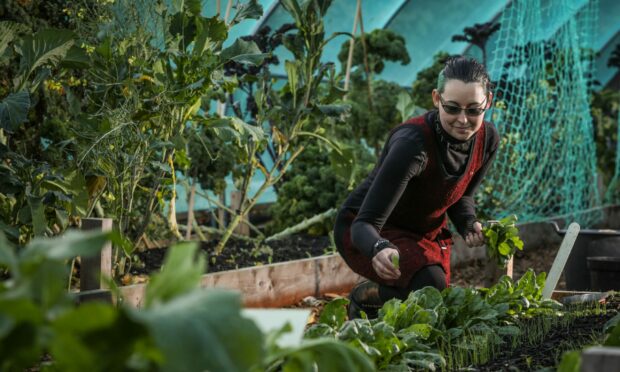
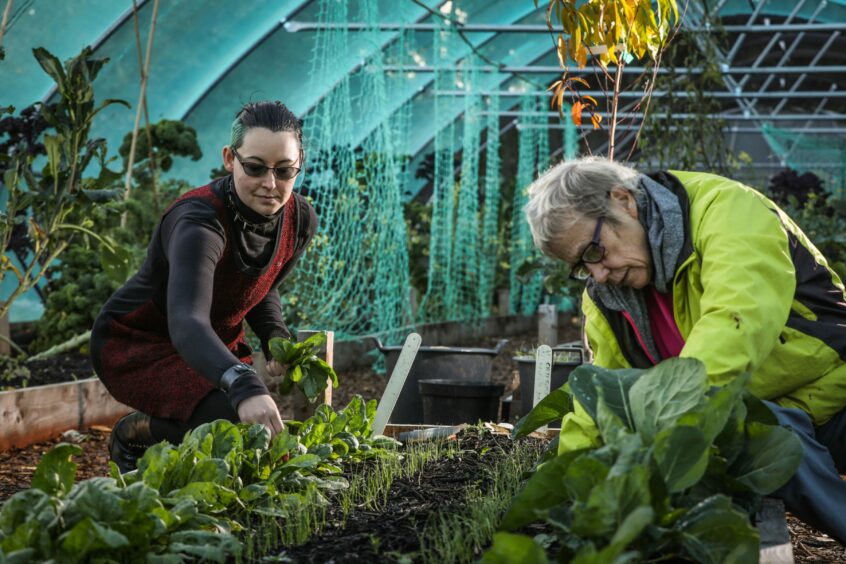


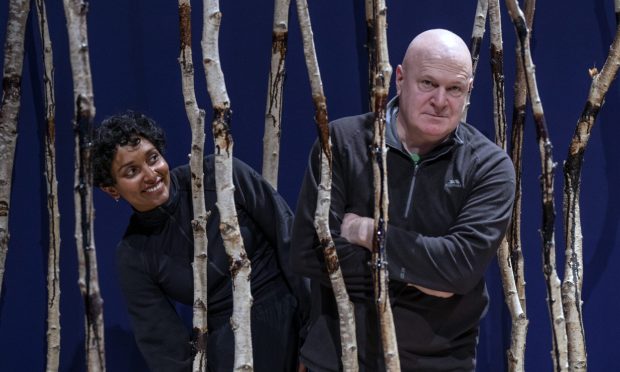
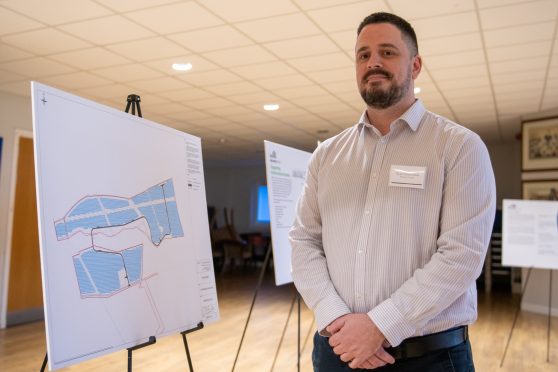
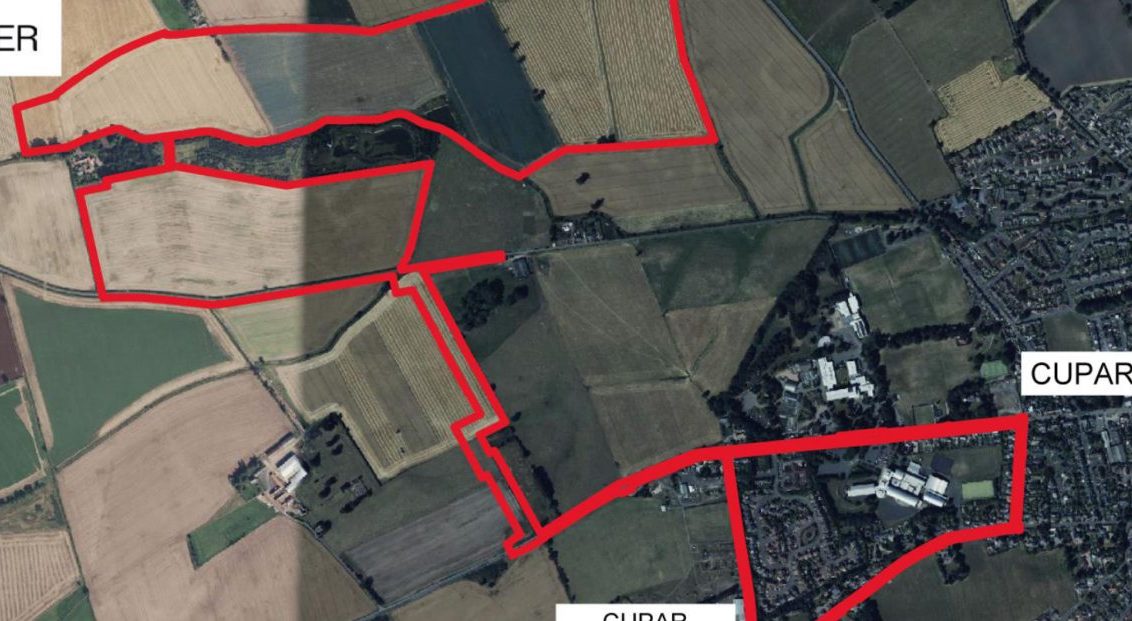
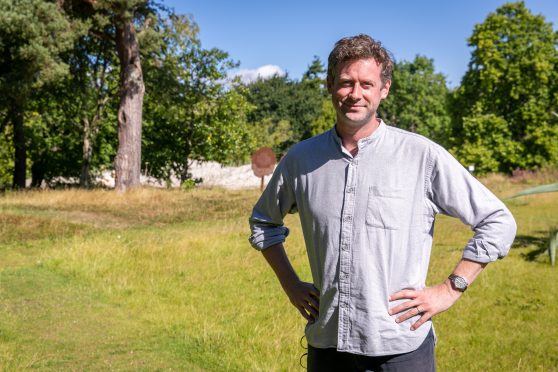
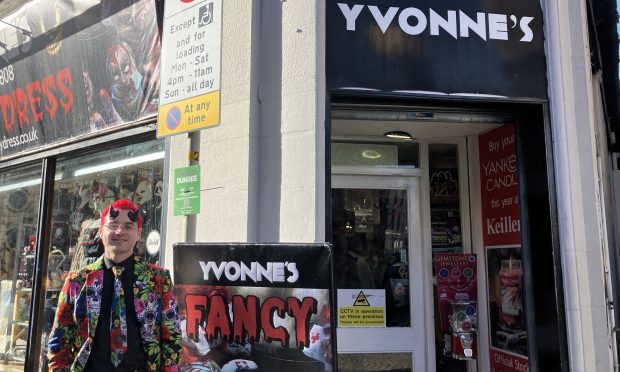
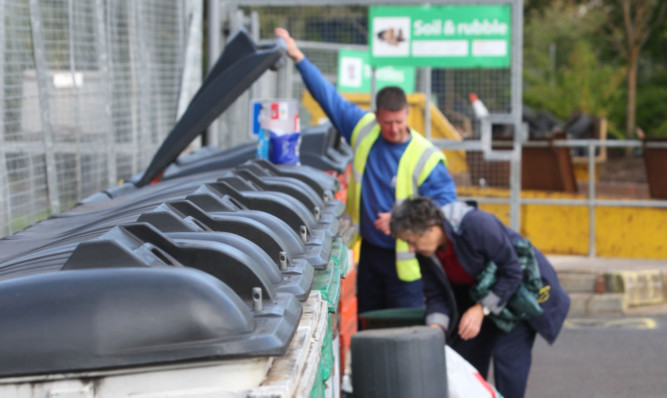
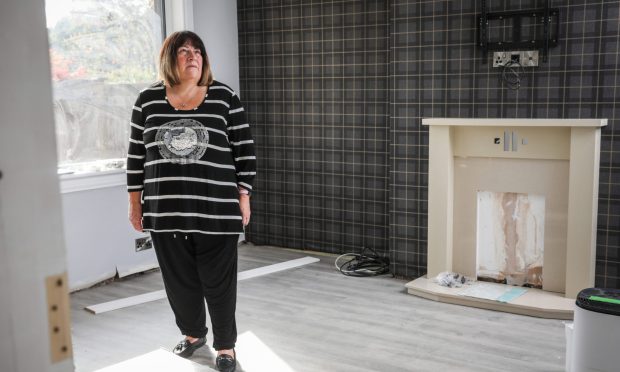
Conversation